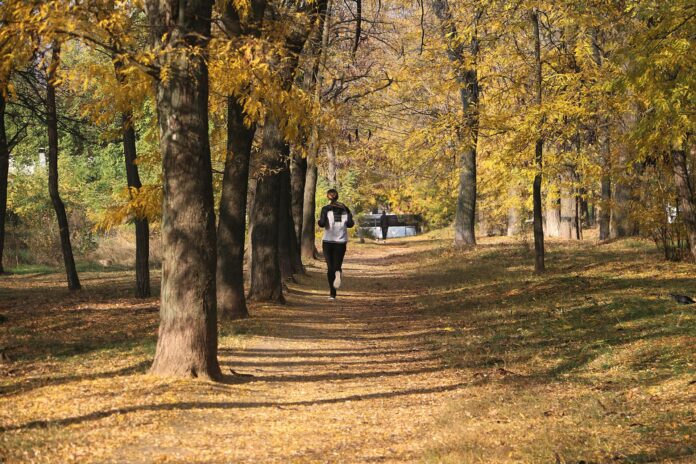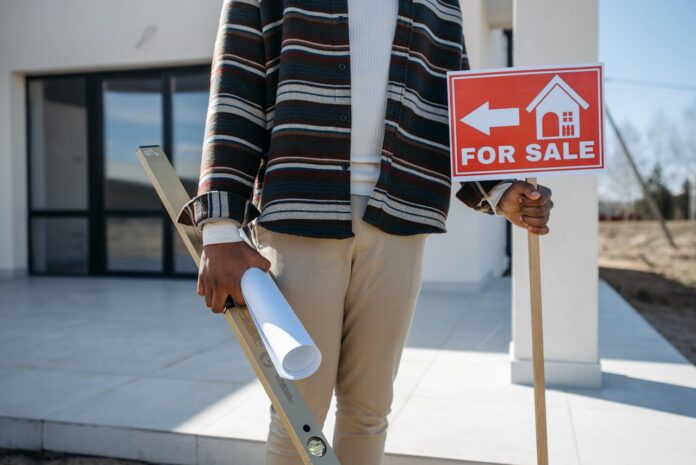In recent years it’s been called a silent killer and an epidemic, with Science Daily reporting that ‘’social isolation and loneliness could be a greater public threat than obesity’’.
Here in the UK, it’s an issue which is particularly concerning for the elderly. The facts are, frankly, heartbreaking; the Campaign to End Loneliness estimate that over 500’000 older people go at least six days a week without speaking to anyone at all, with two fifths of all older people (nearly 4 million) saying that the TV is their main source of companionship.
As well as the obvious impact on wellbeing, this so-called loneliness epidemic can also lead to significant health issues, too, linked with an increased risk of heart disease, stroke and high blood pressure, as well as a greater danger of cognitive decline and dementia, and in severe cases, early mortality.
But how can you help elderly loved ones during what has been a uniquely trying time, particularly if they’re expecting to be shielding for the foreseeable future? Whilst there’s no doubt it’s a fine balancing act between keeping your distance and maintaining a level of intimacy, here are a few ideas which might help; our 6 ways to remotely support elderly loved ones who are feeling lonely.
ACKNOWLEDGE THE ISSUE OF LONELINESS OUT LOUD
It takes courage to admit that you’re lonely and missing companionship, and sometimes, an elderly loved one will be reticent to admit that they’re struggling, particularly if they once played a role of responsibility and seniority in your life. But acknowledging the presence of loneliness is the first step to remedying it, so be brave and raise the subject in a gentle, compassionate way.
Ask if your elderly loved one has been hearing from their friends as much recently, or if they receive calls from family as regularly as they’d like. Be alert to changes in behaviour and appearance which might indicate a worsening situation of isolation; if they’re shutting themselves off, taking less pride in their appearance or not eating properly, it could be signs of a low mood or depression developing.
According to a report published in 2017 by the NHS titled ‘Mental Health in Older People’, ‘’Nearly three-quarters of older people (72 per cent) think that having more opportunities to connect with other people (e.g. joining local activity groups) would be the best way to help people who are experiencing mental health problems’’.
Once the issue is acknowledged, you can help facilitate these connections, how best to do so we’ll get onto a little later.
PROFESSIONAL HELP IS OUT THERE
Loneliness and low mood in the elderly are often linked, so whilst it’s important to offer companionship to elderly loved ones, it’s also important to steer them in the direction of professional help if that’s required.
There’s a danger that low mood and depression can sometimes be misconceived as primarily a young person’s problem…and it’s certainly true that the stiff upper lip of a certain generation means discussing such feelings frankly and openly can be tough for all concerned. Depression and low mood were once seen as a weakness, and carried a level of stigma which could represent a barrier to getting help still to this day.
But according to the Mental Health Foundation, it’s a worryingly prevalent issue in older generations. They say that ‘’Depression affects around 22% of men and 28% of women aged 65 years and over, yet it is estimated that 85% of older people with depression receive no help at all from the NHS’’.
The NHS recommend that ‘’As well as having opportunities to connect with other people, more than a third (35 per cent) felt that talking therapy such as counselling would best help older people with anxiety and depression.’’
The experts particularly encourage counselling and other talking therapies, saying that ‘‘Research has found older people respond extremely well to talking therapies; the recovery rates for patients aged over 65 years of age who completed a course of talking therapy through the Increasing Access to Psychological Therapies programme (IAPT) were shown to be positive’’.
Talking therapies can be found through the NHS via IAPT, or if your elderly loved one is struggling with social anxiety, in particular, which is causing reticence and withdrawal, then group therapy might help once social distancing rules are loosened in the coming months. Such sessions are facilitated by a trained professional and are often specifically populated with like-minded (and like-aged!) people from the community. Click here to read more about how group therapy can help social anxiety for an insight.
BE ALERT TO PARTICULAR OCCASIONS & TIMES OF YEAR
There will likely be particular times of year, holidays and occasions which might be especially tough for an elderly person who is suffering from loneliness. Some of these will be universal, such as Christmas or Easter, and some will be deeply personal, such as the anniversary of the death of a loved one.
These can represent distinctly trying occasions for an elderly relative who is isolated or alone, having to shield or be kept apart from the majority of their family, so be alert to these times and when they’re approaching on the calendar. Even if you can’t be with your loved one in person, make sure you make yourself available for compassionate, considerate communication remotely, on the phone or via video call. Which brings us to…
FACILITATE (OR GIVE) SOME BASIC COMPUTER LITERACY TRAINING
So much socialising has moved online lately, due to the ongoing restrictions demanded of us by the coronavirus pandemic. Unfortunately, this has tended to ostracise those who aren’t conversant in Zoom, FaceTime, texting and social media.
Helping an elderly loved one gain confidence in computers and the internet is one of the best ways you can help them combat loneliness from afar; sure, it might be particularly trying conducting a lesson over the phone, but once they have a grasp of social media and how to video call and message, a whole new channel of socialising will have been opened up.
The UK’s largest charity for older people, Age UK, also offer free training courses in computer literacy for the elderly. Once restrictions are lifted and a level of human contact is once again permitted, do check out their dedicated website and find out if your nearest Age UK offers training courses.
HAVE A PREDICTABLE ROUTINE OF CONTACT
Having a scheduled routine of contact between the two of you can provide real comfort and reassurance for those suffering from loneliness. The wonders of modern technology have made channels of communication so versatile and convenient that calls and messages are often made at the last minute and impromptu.
But for those with less confidence in making video calls and sending texts, this random nature of contact can be frustrating and stressful. Endeavour to establish a routine for your communications with an elderly loved one – say at 6pm every evening – to ensure a comforting sense of predictability. Having something to look forward to each day like a phone call can be really meaningful for someone suffering from loneliness.
BEFRIENDERS
Various UK mental health charities, as well as those dedicated to the elderly, facilitate volunteer ‘befrienders’ services, which help connect a ‘buddy’ with an elderly person. The two then share regular phone calls, visits (when permitted under COVID-19 guidelines), and assistance with transport and chores.
If you’re living far from an elderly loved one and unable to provide first-hand support, then the aforementioned Age UK, the charity Independent Age and the Royal Voluntary Service, all offer such schemes.
THE BOTTOM LINE
If you live in another country or city, or the current coronavirus restrictions mean that you can’t provide as much personal, face-to-face support as you’d normally like, then rest easy that there are still ways to ensure that an elderly parent, relative, neighbour or friend has the companionship they need and deserve.
Check out these 9 free mental health support services available during lockdown for more advice.





